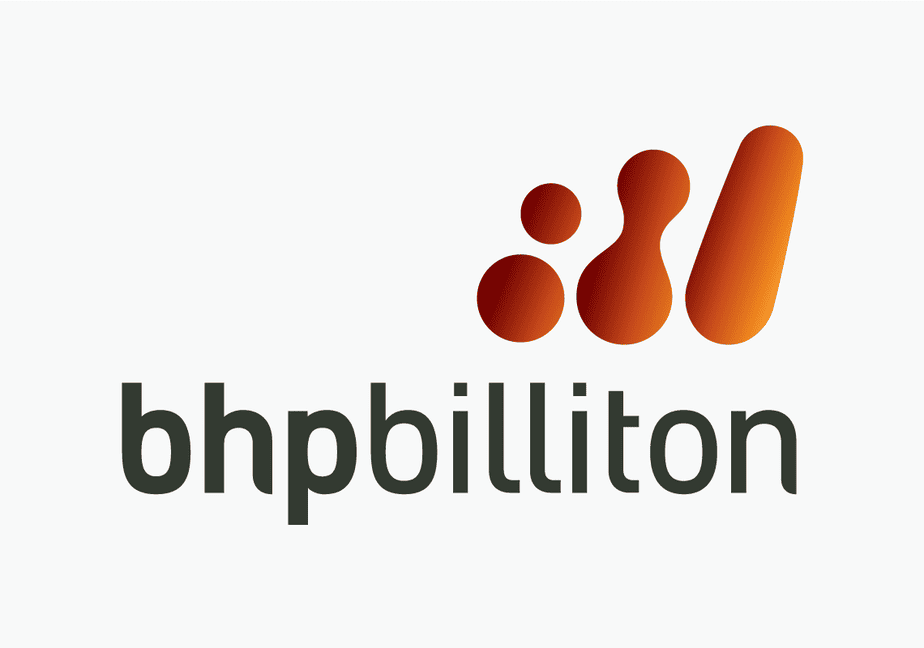
BHP, the world’s largest mining group, has said publicly for the first time that it wants to reach a final settlement over a dam disaster in Brazil worth potentially tens of billions of dollars of liabilities.
The Australian company is on the hook financially for the November 2015 tailings dam failure at the Samarco iron ore mine, near the town of Mariana in the south-eastern state of Minas Gerais.
It killed 19 people and devastated villages and swaths of countryside because of an avalanche of mud that contaminated hundreds of kilometres of waterways.
In the wake of the accident, which ranks as one of the country’s worst environmental catastrophes, federal prosecutors filed a lawsuit demanding 155 billion real ($48.6 billion) in compensation from Samarco and its joint owners, BHP and the Brazilian miner Vale.
BHP’s vice-president for legal affairs for the Americas, Emir Calluf, told the Financial Times that it aimed to soon come to an agreement with public authorities in the South American nation.
“The idea is to get a final deal in Brazil that settles everything,” said Mr Calluf, adding that negotiations were “pretty advanced”.
“If the right conditions were there and the legal certainty and releases, we would be willing to do a deal by the end of the year.”
The executive declined to quantify the possible compensation bill, but said a deal could also include further reparation works.
Brazil’s Federal Prosecution Service was not immediately available for comment.
BHP also faces a case in the UK brought by 700,000 claimants seeking compensation for harm to homes and livelihoods. Their lawyers estimated maximum potential damages of £36 billion ($68 billion) this year. A trial is scheduled for October 2024.
Mr Calluf said BHP hoped that a settlement with Brazilian prosecutors would cover all outstanding legal cases: “We believe that the London lawsuit is duplicating efforts in Brazil.”
Thomas Goodhead, global managing partner of Pogust Goodhead, the law firm behind the London claim, said that BHP seeking a settlement in Brazil amounted to “misleading” shareholders, since a London court found in July 2022 that there was minimal overlap between the British and Brazilian cases.
“The time has come for BHP to stop attempting to cut sweetheart deals in Brazil, without the involvement of the victims, and to face up to its liabilities,” he added.
BHP said it would “continue to defend the UK action and denies the claims in their entirety”. It denied that a deal in Brazil would mislead shareholders, because it was hard to know at the time of the accident its full extent and effects.
The miner also denied any “sweetheart” deal, since a settlement would be done through complex technical negotiations, with procedures established by the Brazilian authorities.
Renova, a non-profit foundation set up to carry out repairs and provide financial redress under an initial deal in 2016 between the companies and public authorities, has so far spent nearly 30.8 billion real. Funding obligations fall on Samarco but, if it is unable to meet payments, then BHP and Vale are committed to step in.
Mr Calluf said BHP had discussed reaching a potential final settlement with both Vale and Samarco, a 50-50 joint venture between the mining groups.
“Samarco is and will remain the primary party at any settlement on this issue,” Mr Calluf said.
“BHP’s role, as well as Vale’s, is to supplement resources that may be needed for the company to fulfil the terms of a settlement – which will certainly be the case here.”
In parallel to Renova, Samarco has separately made 2.6 billion real in direct compensation payments.
A resolution to outstanding claims from the Mariana disaster would help to turn a page on an episode that tarnished the reputations of the companies and prompted soul-searching in the mining industry.
The rupture of the Fundão dam released 40 million cubic metres of tailings – byproducts left over from mining that can contain toxic substances – sparking increased scrutiny over the safety of such structures.
In 2019, a tailings dam owned by Vale burst near the town of Brumadinho in the same state of Brazil, resulting in 270 deaths.
Vale said in a statement on Sunday that renegotiation of the Mariana agreement was ongoing, with meetings scheduled throughout this month: “Given the complexity of the topic and the intention to seek definitive solutions, it is natural for conversations to be extended.”
The company stated its “commitment to repairing the damage caused by the collapse of the Fundão dam” and was providing support for Renova, through which more than 430,000 people have been compensated.
More reading
What is Static Liquefaction, and How Could It Affect Your Dam?

Pingback: New Research Reveals Environmental Threats Posed By Mine Tailings In Protected Areas | Big Ditch Dam Building Company